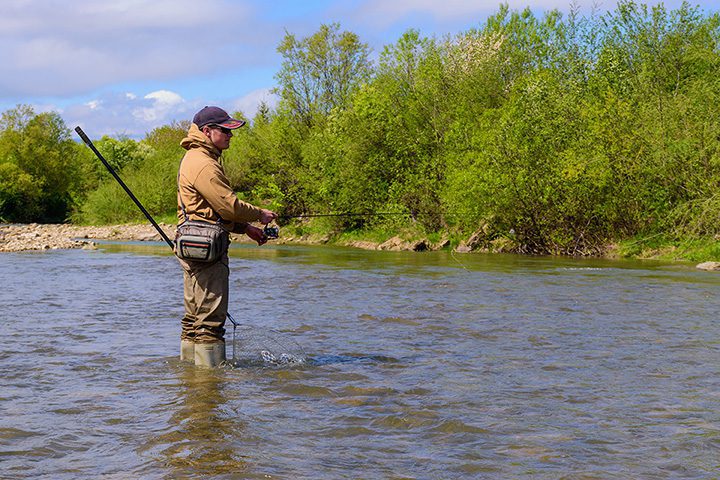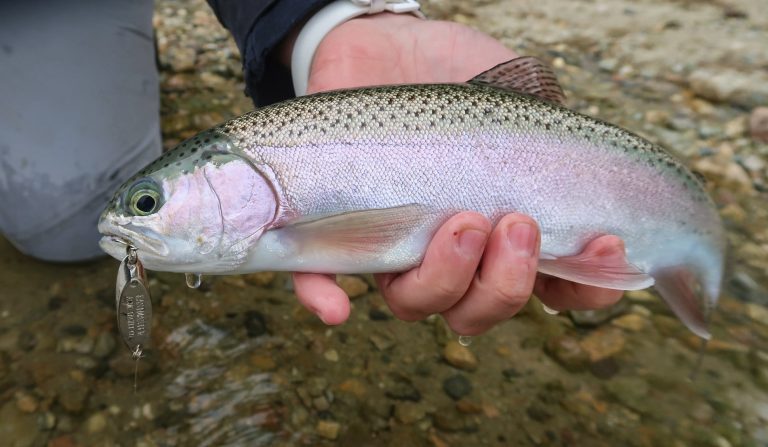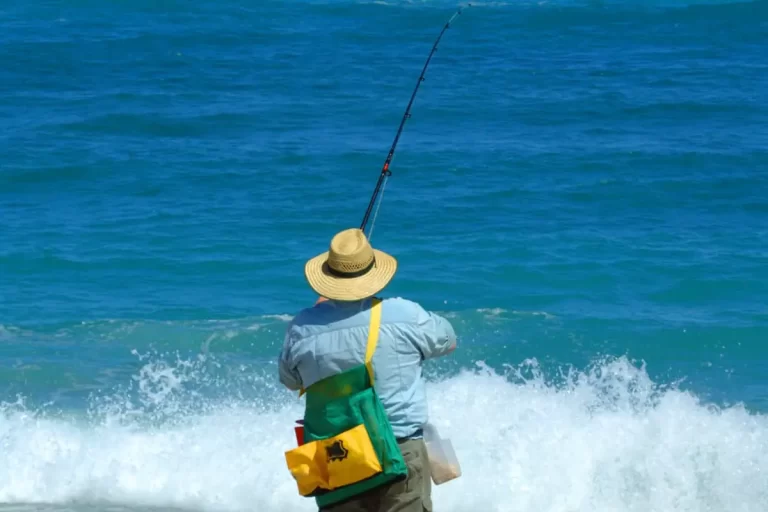Freshwater Fishing in Rhode Island: Your Ultimate Guide
Are you ready to embark on an unforgettable fishing adventure in the Ocean State? Rhode Island, known for its stunning coastlines and rich aquatic life,…
Discover everything you need to know about obtaining a Rhode Island fishing license, including the different types available (freshwater, saltwater, combination), costs for residents and non-residents, where to purchase licenses (online, in-person), and important regulations to follow. This comprehensive guide covers all the essential details for legal recreational fishing in the Ocean State’s waters, ensuring an enjoyable and compliant angling experience.


Are you ready to embark on an unforgettable fishing adventure in the Ocean State? Rhode Island, known for its stunning coastlines and rich aquatic life,…


Discover the ultimate guide to securing your Rhode Island fishing license for 2024. Explore license types, purchase options, and regulations to ensure a hassle-free and rewarding angling experience in the Ocean State.Are you an avid angler eager to explore the diverse waterways of Rhode Island in 2024? Obtaining the appropriate fishing license is not only a legal requirement but also a crucial step in supporting the state’s conservation efforts. This comprehensive guide will provide you with all the essential information you need to secure your Rhode Island fishing license, ensuring a hassle-free and rewarding fishing experience.
Understanding Rhode Island’s Fishing License Requirements
In Rhode Island, all individuals aged 15 and older (16 and older for saltwater fishing) must possess a valid fishing license, regardless of their residency status. This regulation applies to both freshwater and saltwater fishing activities within the state’s boundaries.
There are a few exceptions, including individuals who are blind or permanently disabled, non-fishing passengers on boats with licensed anglers, anglers fishing on licensed party or charter boats, and anglers holding a valid license from a reciprocal state.
Types of Fishing Licenses in Rhode Island
Rhode Island offers various fishing licenses to cater to different anglers’ needs, ensuring a seamless and enjoyable fishing experience for all.
Freshwater Fishing Licenses
Resident Freshwater Fishing License: $21 for Rhode Island residents and current U.S. Armed Forces members.
Non-Resident Freshwater Fishing License: $38 for non-residents.
Non-Resident Tourist Freshwater Fishing License: $18, valid for three consecutive days.
Combination Hunting and Fishing License: $38 for those who enjoy both hunting and fishing.
Trout Conservation Stamp: $5.50 for residents, required for fishing for trout, salmon, charr, or in fly-fishing-only areas.
Saltwater Fishing Licenses
Resident Saltwater Fishing License: $7 for Rhode Island residents.
Non-Resident Saltwater Fishing License: $10 for non-residents.
Seven-Day Saltwater Fishing License: $5 for both residents and non-residents.
Rhode Island offers reciprocity for saltwater fishing licenses with New York, Connecticut, Massachusetts, and Maine. If you hold a valid saltwater recreational permit from one of these states, you can fish in Rhode Island’s marine and federal waters without purchasing an additional license.
Where to Purchase Fishing Licenses
You can purchase your fishing license online through the Rhode Island DEM website, at authorized sales vendors throughout the state (additional fees may apply), or at the DEM Boating Licensing & Registration Office in Providence.
When purchasing a license online for the first time, you’ll be issued a unique Rhode Island Hunting and Fishing ID (RIHFID), which you can use to access the system and add additional permits or licenses in the future.
License Validity and Expiration
Freshwater Fishing Licenses: Valid from March 1st until the last day of February of the following year.
Saltwater Fishing Licenses: Annual licenses expire on December 31st, while seven-day licenses are valid for seven consecutive days after activation.
Trout Conservation Stamp: Expires on the last day of February.
Remember to renew your licenses and stamps promptly to ensure uninterrupted fishing opportunities throughout the year.
Regulations and Conservation Efforts
When purchasing a Rhode Island fishing license, you’re contributing to vital conservation programs that improve fisheries, support conservation education, develop habitats, and protect endangered species.
It’s crucial to familiarize yourself with the fishing regulations set forth by the DEM, covering aspects such as minimum sizes, possession limits, and seasons for different species. By adhering to these regulations, you’ll play an essential role in preserving Rhode Island’s aquatic ecosystems for future generations of anglers.
Engaging the Angling Community
Rhode Island’s fishing community is vibrant and welcoming. Consider joining local fishing clubs or online forums to stay up-to-date with the latest regulations, techniques, and hot spots. Additionally, many bait and tackle shops serve as hubs for the angling community, providing valuable insights and local knowledge.
Conclusion
Obtaining a fishing license in Rhode Island for 2024 is a straightforward process that opens the door to a world of unforgettable angling adventures. By following the guidelines outlined in this guide, you’ll ensure compliance with state regulations and contribute to the preservation of Rhode Island’s rich aquatic ecosystems.
Remember to purchase your license well in advance, familiarize yourself with the regulations, and always carry your signed license document while fishing. By doing so, you’ll be able to embark on memorable fishing adventures while playing an active role in sustaining the state’s natural resources for generations to come.


Are you planning a fishing trip to the Ocean State and wondering about the cost of a fishing license? Look no further! In this comprehensive…